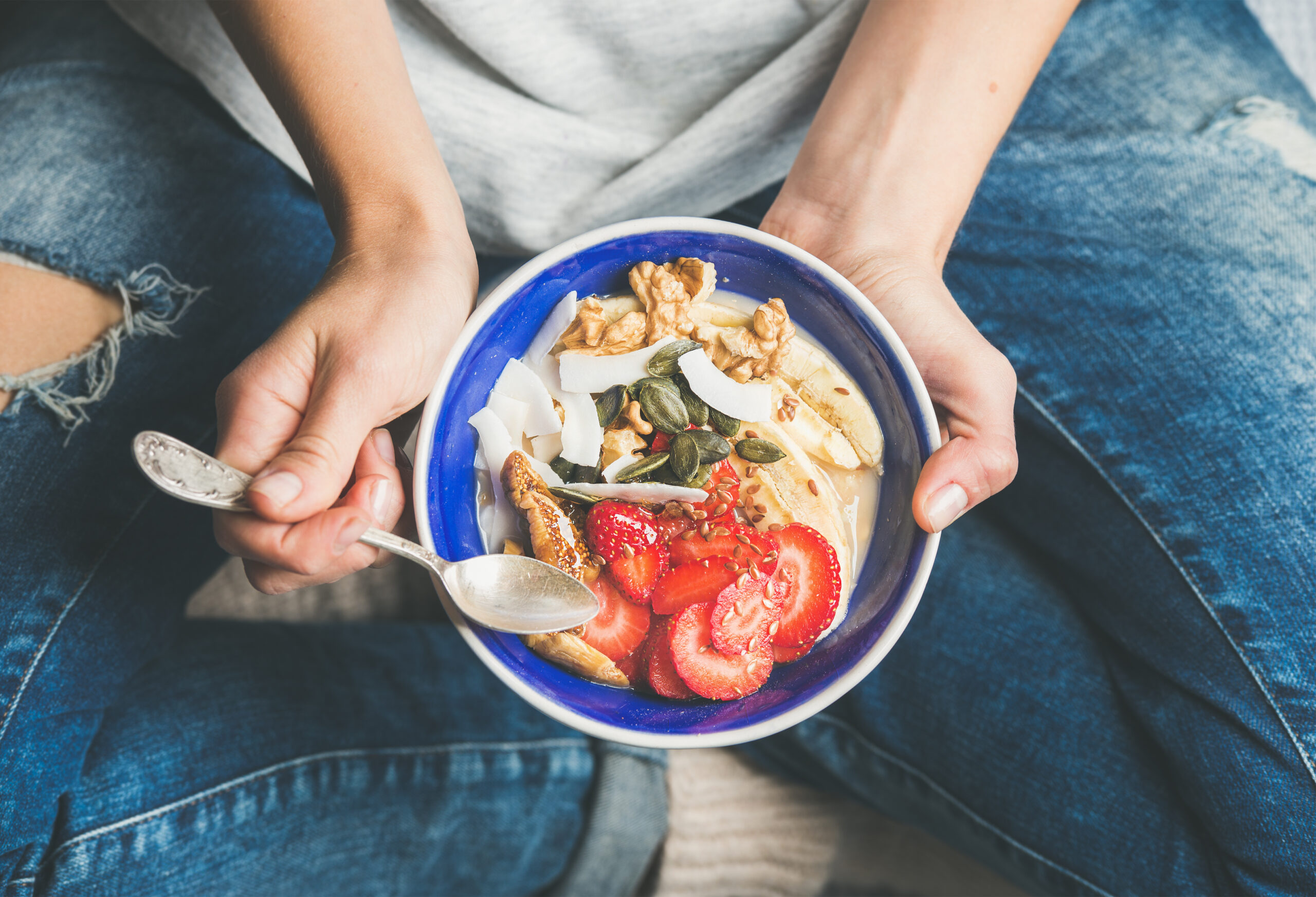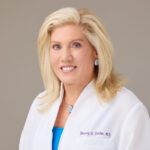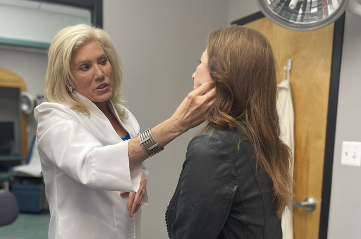

Medical procedures have different rules, not only regarding what you’re allowed to consume before and after, but also which foods and beverages are recommended to prepare you for surgery and help you to heal afterward. Various procedures may entail significantly different dietary inclusions or restrictions. How can you plan for the best meals before surgery and after the fact?
Talk to Your Doctor
In addition to explaining how to prep for surgery and what to expect during and after your procedure, your doctor can provide guidelines pertaining to the nutrition you’ll need and which foods can offer the greatest benefit when consumed before and after surgery. It’s normal to have concerns about how your diet may impact a surgical procedure or your ability to heal afterward.
Generally speaking, any surgical procedure that entails the use of general anesthesia will require you to fast beforehand. Typically, you will be instructed not to eat or drink for about 8-12 hours before your scheduled procedure. In some cases, you may be allowed to take medications or have small sips of water during this time.
The main reason for this directive is that it reduces the risk of aspiration during surgery. An empty stomach can also help to alleviate post-surgical nausea and vomiting, a common complication that you’ll definitely want to avoid following a surgical procedure.
After surgery, you’ll usually be directed to consume a balanced diet that is high in protein. Protein is essential for wound healing because it works to repair skin, muscles, and other tissues in the body. It also helps to fight infection and promotes oxygenation throughout the body.
Best Meals Before Surgery
Overall health and wellness are important if you want to ensure a successful surgery, speedy recovery, and a positive experience that delivers lasting results. This can start well in advance of your scheduled surgery when you take steps like eliminating tobacco and alcohol and adopting a healthy, balanced diet.
The best meals before surgery will include a balance of lean protein, unprocessed carbohydrates, vegetables, and healthy (mainly plant-based) fats. Lean protein sources could include eggs, chicken, and fish. You can add a range of healthy carbohydrates like bananas, buckwheat, quinoa, sweet potatoes, and more. As for vegetables, try adding generous portions of leafy greens, and work in sources of plant-based fats like olive oil, avocado, and nuts in small doses.
Adding natural sources of vitamin C, which promotes healing, is also recommended. You’ll find it in citrus fruits, berries, yellow peppers, cruciferous vegetables like broccoli, kale, and brussel sprouts, and more.
Keep in mind, you may also need to avoid certain foods. While fish is a great source of lean protein, some fish, like salmon, is high in omega-3 fatty acids that thin the blood. Ingredients that could cause inflammation, like salt, should also be avoided, while the addition of anti-inflammatory ingredients like turmeric can help to ensure a smooth and rapid healing process.
Best Meals After Surgery
The best meals after surgery are often similar to your pre-surgery diet, but the type of surgery you undergo could impact what you eat. For example, your ideal diet may be different if you have a facelift versus liposuction.
After a facelift, you may want to choose softer foods that don’t require much chewing or facial movement, as this could cause discomfort. After a tummy tuck or liposuction, you’ll want to avoid strain on the abdominal muscles while you heal, and the right diet can help you to avoid issues like bloating or constipation.
If you’re taking antibiotics following surgery, consider adding foods like yogurt, kefir, or fermented foods (such as kombucha, sauerkraut, or kimchi, for example) that keep your gut flora healthy and well. Don’t forget to stay hydrated to reduce swelling and facilitate the transport of needed nutrients throughout the body.
Planning an appropriate pre-surgical diet and choosing the best meals after surgery is easy when you discuss nutrition with your doctor and understand which food groups and specific ingredients are most likely to stimulate health and healing.
If you’re interested in cosmetic surgical procedures like a facelift, tummy tuck, or breast enhancement, contact female plastic surgeon Beverly Fischer, MD in Baltimore, MD at The Advanced Center for Plastic Surgery today at 410-308-4700 or online to request a consultation and learn more.
Dr. Beverly A. Fischer is passionate about her role as a leading female plastic and cosmetic surgeon in Baltimore, Maryland and beyond. She believes that plastic surgery makes a positive, life-changing difference, whether you’re renewing your body, face, and skin or embarking on an entire gender transition.
Reach out
We are happy to answer any questions you have. Use the form to request a consultation or more information about specific services. A member of our team will will contact you shortly.
Contact Us
 Back to Blog
Back to Blog


